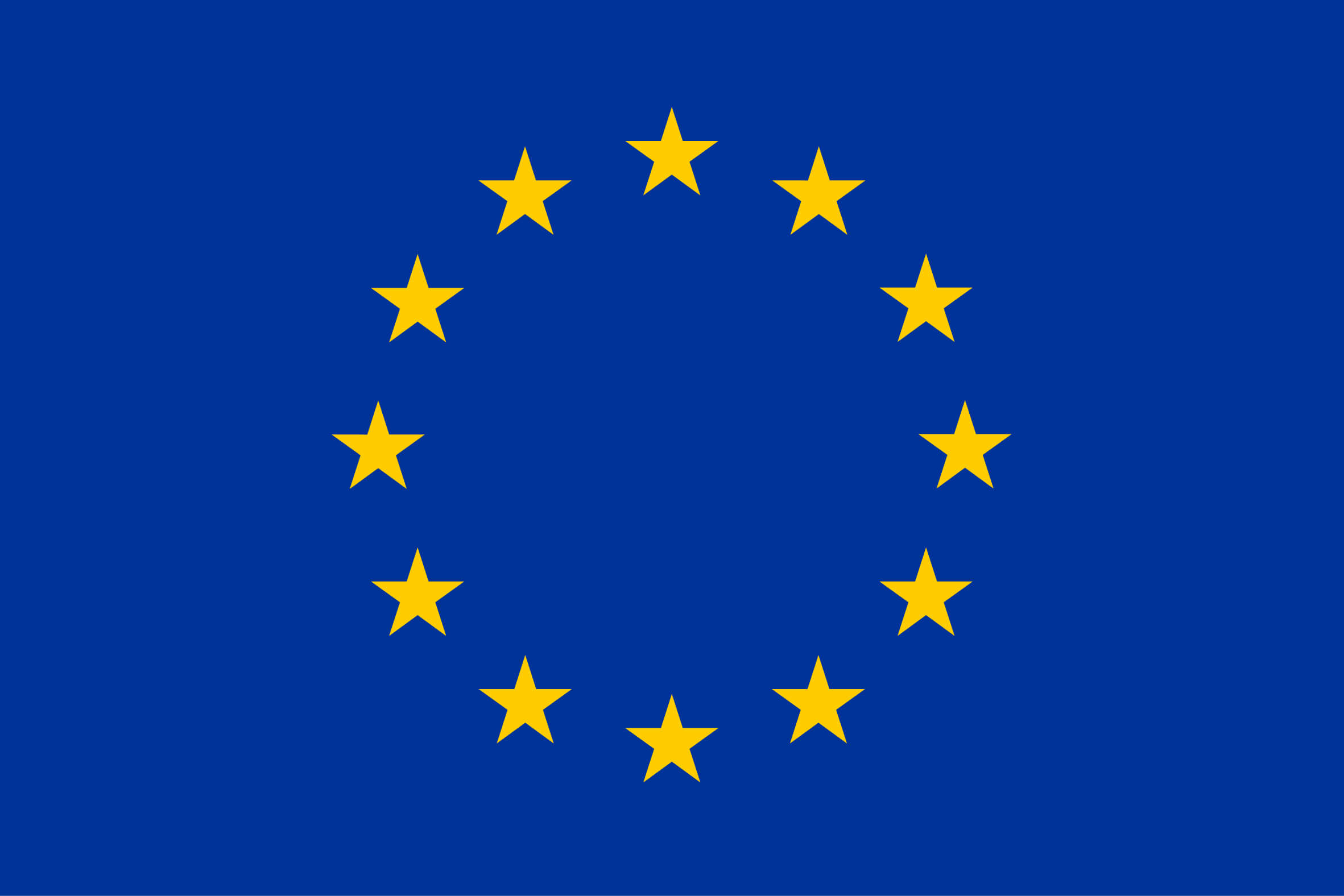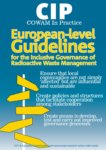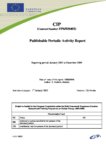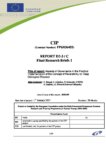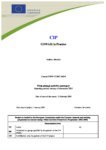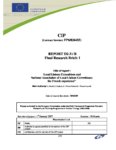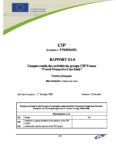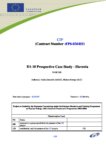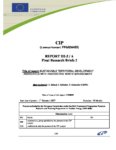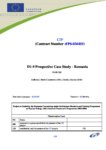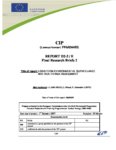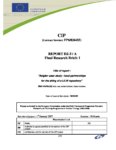COWAM In Practice
COWAM In Practice was the third and final project in the Community Waste Management (COWAM) series of projects. The COWAM project series was focused on developing a model for the inclusive governance of Radioactive Waste Management (RWM). COWAM In Practice aimed to put into practice the results of the previous COWAM II project, and provided a framework for stakeholders in RWM to cooperate on an equal footing to identify and investigate important issues to them in the governance of RWM in their countries. The project delivered guidance to the EU for the governance of RWM based on experience gained from this process.
Overview
Project Dates: 01/01/2007 – 31/12/2009
Project Status: Finished
Project Website: www.cowam.com (now taken down)
COWAM In Practice (CIP) was the third and final project in the Community Waste Management (COWAM) series of projects, following on from COWAM II. CIP set up a process allowing national groups of stakeholders from each of the five participating countries (France, Romania, Slovenia, Spain and the UK) to identify issues important for the good governance of radioactive waste management (RWM) in their own context, and to conduct cooperative research into these issues. This enabled stakeholders without formal power in the process to engage on an equal footing and provided them the resources to understand and investigate topics of interest. The project captured learning from each group and used the results to develop EU-level guidelines for the governance of RWM.
Objective
CIP aimed to lead a process of monitoring, analysing and evaluating the governance linked with RWM and to facilitate an inclusive governance approach. CIP involved following up, and putting into practice, the findings of the earlier COWAM I and COWAM II projects.
The project was conducted in parallel in five European countries (France, Romania, Slovenia, Spain and the UK). CIP’s objectives were to:
- enable progress in the inclusive governance of RWM;
- follow up and analyse national processes of RWM governance in the 5 European states;
- support stakeholders, particularly local communities, directly in their engagement with the issues of RWM;
- capture the learning from that experience for EU countries, in the form of online reports and EU-level guidelines.
Results
One of the functions of CIP was to provide a framework for a diversity of stakeholders to cooperate on an equal footing in identifying and investigating what they saw as important issues in RWM governance. The framework centred around respective National Stakeholder Groups for each of the five participating countries.
The National Stakeholder Groups functioned as forums for discussion by the members, which were a diversified group of stakeholders with concern and interest for RWM. CIP continued to use the “cooperative research” process developed in COWAM II, with the stakeholders themselves playing a key role in driving knowledge. The project provided facilitation and access to specialists for these groups to enable effective research and discussion.
The results of CIP took the form of:
- the conduct of five meetings of each of the National Stakeholder Groups over three years to address the governance of radioactive waste management in local and national contexts;
- a review of the governance approach undertaken by each country, with each National Stakeholder Group delivering a report;
- research conclusions, reported in nine Research Briefs; and,
- delivery of Guidelines for RWM governance. The Guidelines represent the principal messages and ideas from CIP delivered to the EU for the governance of RWM. They are meant to help prepare the way for more inclusive governance of radioactive waste management (RWM).

